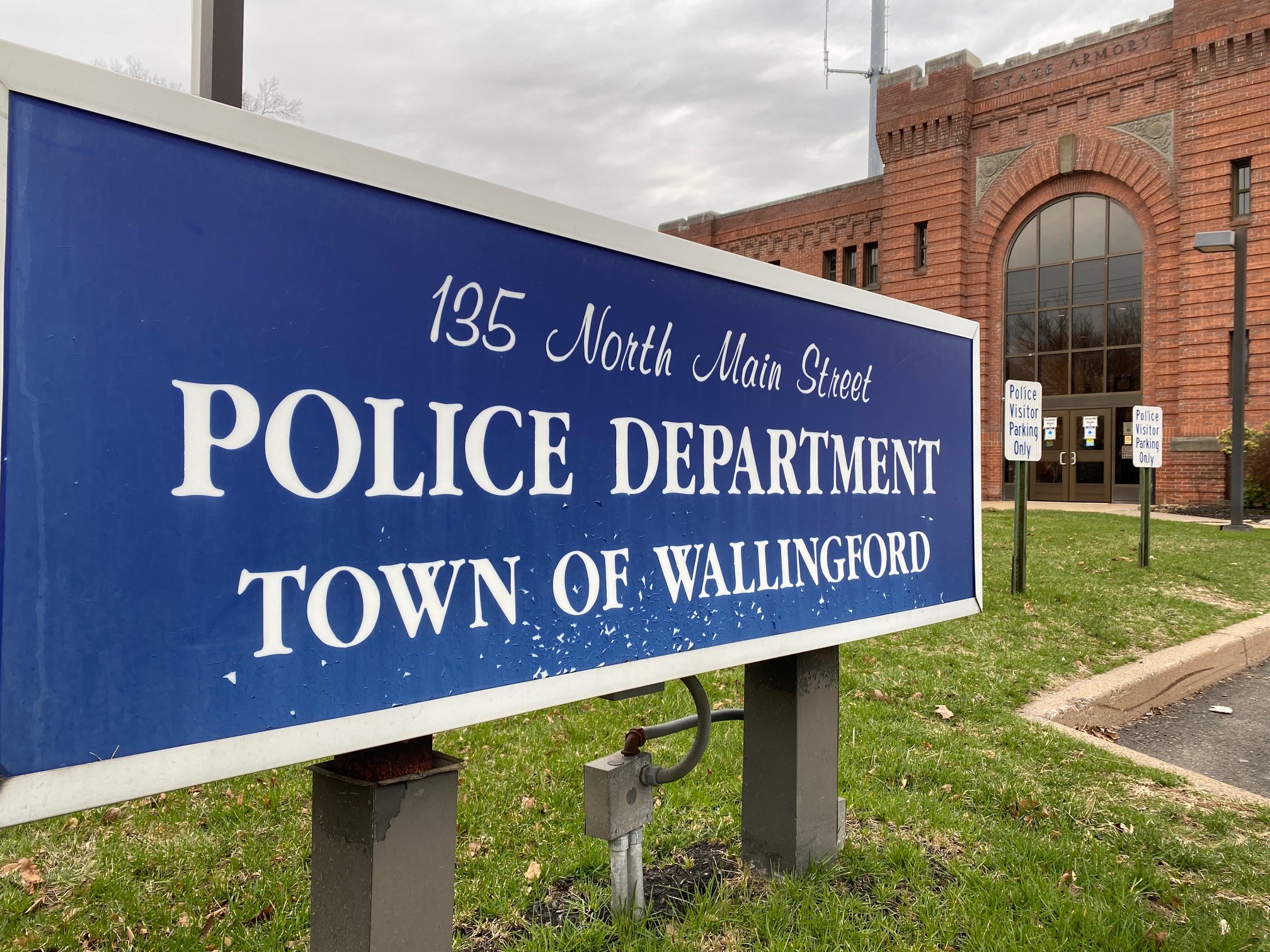As more and more people contract COVID-19, there's a change in how some of those people are feeling after getting the virus.
Dr. Anthony Santella, professor of health administration and policy from the University of New Haven, spoke about how people are feeling a sense of relief after they've contracted COVID-19.
Dan: "Doctor, it used to be that a COVID-19 diagnosis was just straight up really scary, and it still very much can be, but has something shifted as of late, where people might not be as nervous as they once were to get this thing?"
Dr. Santella: "I think there are a lot of emotions playing out right now. You know, we all know someone who's had COVID. We all know people who have had a mild or asymptomatic case of COVID. And we probably have all known someone who's had a bit of a rough stint for a week or two. Certainly, in my own network, I know people from asymptomatic all the way to people who unfortunately passed away from COVID. And so I think we're getting to that almost at the two-year milestone, where people are just shrugging this off and thinking, you know what, if I get it, it's not going to be a big deal. I'm less concerned about not a matter of if I'm going to get it, but when."
Get Connecticut local news, weather forecasts and entertainment stories to your inbox. Sign up for NBC Connecticut newsletters.
Dan: "Thousands and thousands of people have tested positive in recent weeks in Connecticut. From those who've you’ve heard from who've had the virus, what's their take on this?"
Dr. Santella: "The message out there is a lot of people are like ‘you know what, it's just it's not a big deal.' In fact, there's a message happening out there, we know that there are folks who are not being compliant with our mitigation strategies, because they just think it's inevitable that they're going to get it. But let me tell you, that's a that's a bad strategy to have in your back pocket right now. While the message really is that Omicron particularly is producing a very mild strain of this virus, we all experience disease differently and so ‘mild’ for me may be ‘very mild’ for you. We also are unsure about the long haul consequences and symptoms that people may experience over time. I don't know if you have any health professionals, all of you listening know out there, that every single person from the doctors, the nurses, the respiratory therapists, to health care administrators, they're tired, they're fatigued, they're burned out. Their systems are at the brink of collapse and so what you and I can do to make their jobs a little bit easier is to follow through with those public health strategies."
Local
Dan: "Just to be abundantly clear, for anyone who's watching, even though getting COVID can provide you with some extra antibodies, trying to get the virus is certainly not the answer here, even if someone's vaccinated and they think they're going to be okay, right?"
Dr. Santella: "Exactly. This is not something that we want to mess around with. We know viruses, particularly this virus has been very smart, evolves and mutates over time. And at the end of the day, and I'm not a betting person, but if I were, I'd had my money on Mother Nature versus trying to just get it and get it over with."



